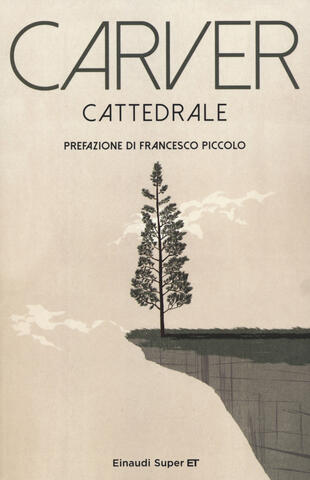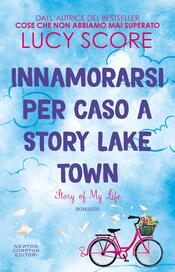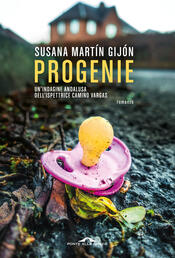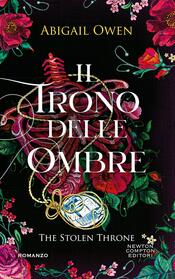

Sinossi
A volte anche una visita inattesa e poco gradita - quella di un amico cieco della moglie, per esempio - può smuovere emozioni dimenticate. E cosi, infatti, che il narratore del racconto che dà il titolo alla raccolta - forse il più celebre di Carver e uno dei più amati dall'autore - finisce per passare quasi senza rendersene conto dall'iniziale ostilità condita di gelosia al momento di una piccola rivelazione. È un personaggio carveriano a tutti gli effetti, l'anonimo protagonista del racconto: sottilmente alla deriva, privo di amici, inchiodato in un lavoro che detesta, con una moglie da cui forse si sente un po' trascurato. Eppure, è proprio la presenza ingombrante del cieco Robert a costringerlo a uscire dalla sua corazza e abbozzare un rapporto umano, una condivisione che gli permetterà di recuperare, forse, una parte di sé dimenticata. Carver ne segue l'impercettibile evoluzione con naturalezza, con uno stile maturo e consapevole dei propri mezzi, da lui stesso definito "più pieno e generoso". Se "Cattedrale" chiude la raccolta su una tenue nota positiva, nel resto del libro prevalgono i toni desolati, i fragili equilibri pronti a spezzarsi in conseguenza di eventi all'apparenza secondari: un nuovo trasloco in "La casa di Chef", l'atto mancato di una riconciliazione impossibile in "Lo scompartimento", l'inizio di una crisi senza apparenti vie d'uscita in "Vitamine", in cui nella deriva personale fa irruzione la violenza della storia.
- ISBN:
- Casa Editrice:
- Pagine: 226
- Data di uscita: 07-10-2014
Recensioni
English ( Cathedral ) / Italiano This collection of twelve stories by Raymond Carver is the perfect example of how to compromise the reader's frame of mind by talking about daily events. Thanks also to a minimal prose, Carver has the great virtue of guessing more than any other author that the everyday Leggi tutto
The ways others live often are a surprise to us… The peacock walked quickly around the table and went for the baby. It ran its long neck across the baby’s legs. It pushed its beak in under the baby’s pajama top and shook its stiff head back and forth. The baby laughed and kicked its feet. Scooting on Leggi tutto
Carver, a patron saint of postmodernism realism, is a great master of perfectly capturing the reader with snapshots of the completely ordinary misery of working-class Americans. What John Willams and perhaps Seethaler do in novels of mundane desperation intertwined with unusual peace, he manages to
American author Raymond Carver (1938-1988) - master of the short-story A dozen Raymond Carver stories collected here as part of the 1980s Vintage Contemporaries series. Since other reviewers have commented on all twelve, I’ll share some short-short cuts from the title story, my reflections on Carver Leggi tutto
After two collections of beautifully written, lean but grim and mercilessly sad working class stories, Carver lets the reins loose a bit in this 1983 collection, allowing some of the stories to expand just a bit, in various ways. Almost all of the stories in Will You Please Be Quiet, Please? (1976)
Raymond Carver is one of the most influential writers of the late 20th century, and this volume, published five years before his tragically early death at 50, has the feel of an American classic. It includes some of his most famous short stories: “Feathers,” “Chef’s House," “A Small, Good Thing,” “Vi Leggi tutto
Citazioni
Al momento non ci sono citazioni, inserisci tu la prima!























